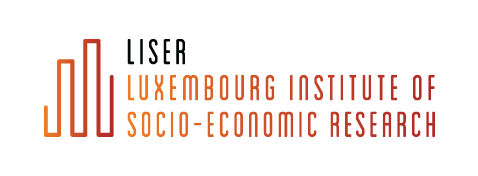Demand responsive transport (DRT) has been recently promoted as an effective alternative to the private car to reduce traffic congestion. DRT provides flexible and on-demand rides based on a fleet of capacitated vehicles for door-to-door transport services. To further enhance sustainable urban mobility, integrating DRT with a public transport system using electric vehicles (EVs) presents more challenging planning issues due to EV charging constraints. EV-based DRT system operations present a more complex environment in terms of mathematical modeling and decision analysis because its battery range and charging constraints need to be addressed. In this project, we will address the following research questions:
- How to design and manage efficiently the integrated EV-DRT system, while targeting energy efficiency and accounting for the challenges of stochastic demand and charging operations?
- How can DRT best augment/substitute mass transit by improving adaptation to spatial and temporal variations in demand, ensuring a high quality of service while limiting the operational costs?
- What are the expected benefits of an integrated EV-DRT system in terms of ridership, emissions reduction, and operating cost reduction?
The objective of the project is to address the challenge of optimal design, operation and energy management of integrated EV-DRT from a system-wide perspective. We aim to develop a unified approach to assist the government and operators for the EV-DRT planning and management.
The project will contribute to the following innovative knowledge development: 1) Develop stochastic models by considering different types of uncertainty and demand variability for EV-DRT operations with charging constraints to minimize expected charging and operational cost; 2) Develop an integral EV-DRT-mass transit operation approach considering synergy at transit stations with EV charging constraints. The developed model allows assessing the way of partly or fully replace schedules transit services with the EV-DRT system; 3) Develop a decision support toolbox and simulation tools for assisting operators and the government for an EV-DRT system planning.
The output will enhance user-centered seamless multimodal mobility, reduce congestion and emissions, and increase public transport accessibility. It will support the government's goal of pursuing clean and efficient urban mobility (MODU 2.0).

